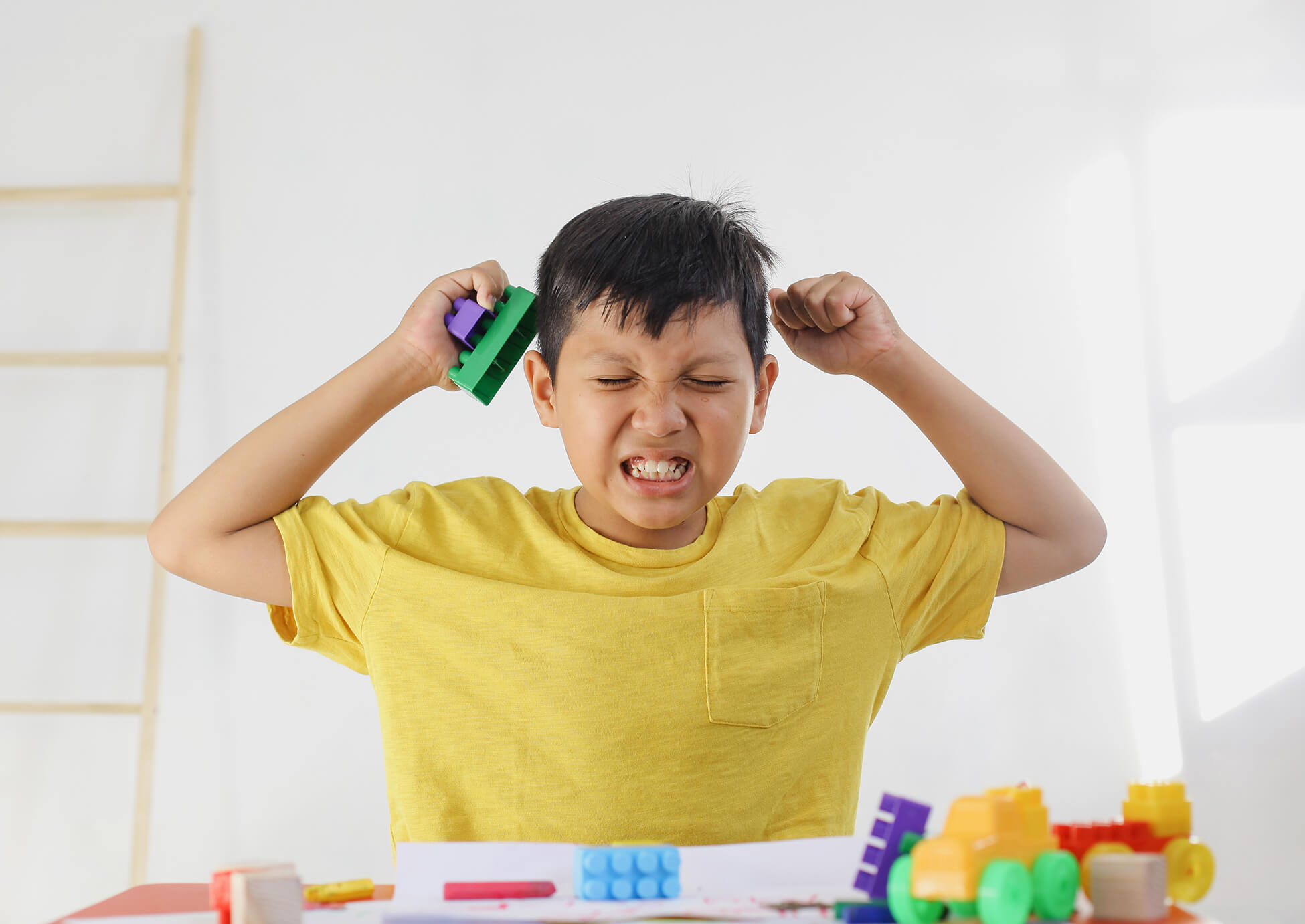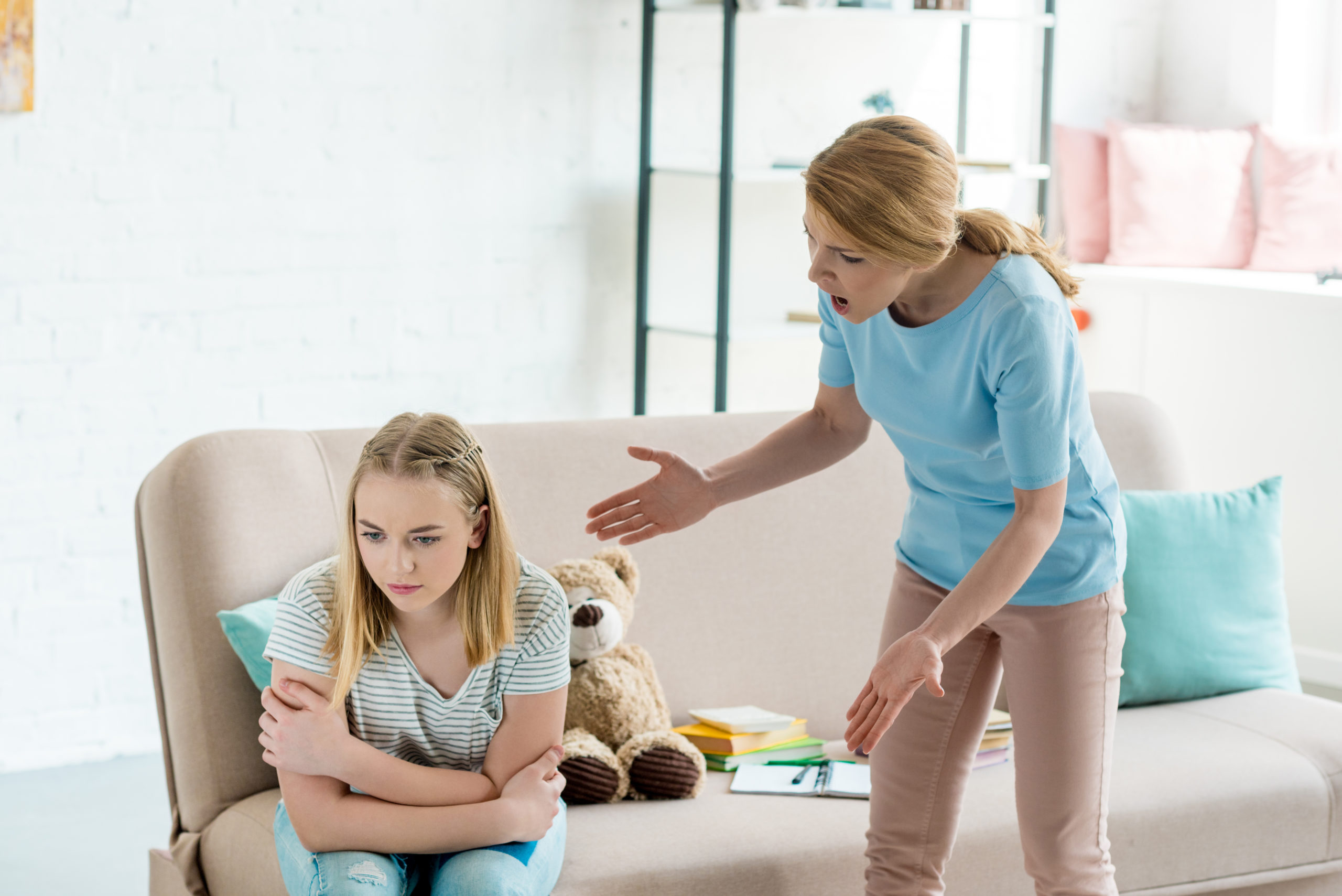5 ways neuroscience has changed how I parent
Positive parenting leads to positive futures for generations to come.
American SPCC provides parenting education and support as the most effective way to support families and nurture children.
The following resources are made possible through contributions by child and family advocates like you.

By Cindy Hovington, PHD
Nothing prepares us for what parenting our child truly is; a journey of self-discovery. When I gave birth to my first of 3 kids, I had just finished my postdoctoral degree in education. I felt confident that I would be able to parent my daughter since I had a doctorate in neuroscience. I had studied mental health, cognitive skills and emotions. I didn’t read any parenting books since I had access to science. However, once my daughter became a toddler and I found myself yelling for reasons I couldn’t understand,
I realized parenting was much more than understanding child development, it was about understanding myself.
Now, as a mom of 3 kids ages 7 and under, and having grown a community of parents through Curious Neuron, I now understand which parts of science I can use to inform how I parent.

Cindy Hovington, PHD
Ph.D. Founder of Curious Neuron and co-founder of Wondergrade
Cindy is a mom of 3 and holds a doctorate degree in neuroscience. She joined American SPCC’s Trusted Parenting Network in 2022. Cindy’s work focuses on turning child development and parenting research into digestible and applicable advice for parents and caregivers. She also covers parenting mental health and wellness because it is important for parents to know how to nurture themselves first before nurturing their child.
Here are my 5 favorite parenting tips based on research:
1. My confidence and self-compassion influence my child’s well-being.
This comes from a fascinating study that looked at various parenting behaviors. Researchers looked at the 5 factors of mindful parenting and found that a parent’s non-judgmental acceptance of their own functioning (i.e. saying mostly true to the following statement “When things I try to do as a parent do not work out, I can accept them and move on’’) led to lower symptoms of depression and anxiety in their teens. Many other factors contribute to a person’s mental health, however, this study reminds us that our confidence in our parenting ability matters.




2. A temper tantrum is communication, not “bad behavior.”
I grew up thinking that any negative emotion was bad behavior. My mother wasn’t saying this to be mean to me, she thought it was true because she had been raised this way herself. I believe we are sometimes too quick to label our children’s emotions as a “temper tantrum.”
Our children will naturally have big emotions (we also have big emotions sometimes even as adults). The amygdala (or the emotions part of the brain) communicates with the prefrontal cortex (right behind our forehead) to know how to regulate our emotions. The problem is that the prefrontal cortex continues to develop well into our 20s. This means that a young child hasn’t yet developed the ability to regulate their emotions, which is why all emotions come out big and strong!
Therefore, we need to act as our child’s frontal lobe. We need to teach them that there are many types of emotions, not only happy, mad, and sad. We also need to teach them what it feels like to experience a specific emotion and what to do in response. For instance, letting your child know it is ok to feel angry, but not to throw toys. Instead, you can show them how to take deep breaths or walk away. You can say you are angry or set a boundary. Giving a child tools and strategies is key to helping them navigate their big emotions.
3. Emotion regulation is a skill I need to teach and model for my child.
As parents, we can sometimes get upset with our children for yelling at a sibling or losing their temper. This falls under emotion regulation, which is a skill. It needs to be taught and also needs to be modeled in their environment.
Emotion regulation is how we modulate our emotions both inside and outside. Someone might look calm during an emotionally charged situation when, in reality, they are boiling on the inside.
There are certain strategies we want to work towards with our children that lead to healthy emotion regulation skills. Strategies include reappraisal (re-assessing the situation), problem-solving (create a long-term plan), or acceptance (accepting an emotion you are feeling in a situation). We want to avoid modeling rumination (not letting go of a situation and thinking about it over and over again) or internalizing emotions (not expressing them).




4. Parenting is about the big picture, not the small things.
As a new mom, I remember worrying about the crib I bought my daughter. Was it the right one? Would she be comfortable? Should I get a baby swing? In reality, I should have been thinking more about my parenting style and not letting certain behaviors become a habit.
In parenting, research has shown that the consistency of a “bad habit” matters more than specific negative moments. For example, if we tend to yell at our children or shame them for expressing emotions on a daily basis, it has more of a negative impact on a child’s emotional regulation skills than having a moment where you lost your patience and said something you regretted.
Create a list of behaviors you are noticing on a daily basis, and try creating strategies to eliminate the ones you deem “bad habits.”
5. If I want to work towards being the best parent for my child, I need to work on myself first.
This is much more than the self-care we see on social media. It isn’t about going to the spa or stepping out for the night. This is the internal self-work. Assessing our lives and seeing where we need to work on ourselves will, in the end, impact our child. The more confident we are, set healthy boundaries, have positive self-talk, etc, the better we can handle difficult situations with our children.


Overall, these five tips show that we don’t need a parenting playbook or set of scripts for how to positively communicate with our children. What parents and caregivers need most is to work on themselves, feel comfortable with the mistakes they make and see them as learning opportunities, and help their children build important life-long skills like emotion regulation.



Dr. Cindy Hovington
Ph.D. Founder of Curious Neuron and co-founder of Wondergrade
Cindy is a mom of 3 and holds a doctorate degree in neuroscience. She joined American SPCC’s Trusted Parenting Network in 2022. Cindy’s work focuses on turning child development and parenting research into digestible and applicable advice for parents and caregivers. She also covers parenting mental health and wellness because it is important for parents to know how to nurture themselves first before nurturing their child.
Resources like these are provided by American SPCC – a national nonprofit dedicated to building positive childhoods for all children by empowering parents and caregivers with research-backed education and support.
This work is made possible by passionate donors and community advocates. Learn how you can get involved and support the mission here.
Previous Section
Parenting Resource Center
5 ways neuroscience has changed how I parent
Next Section

